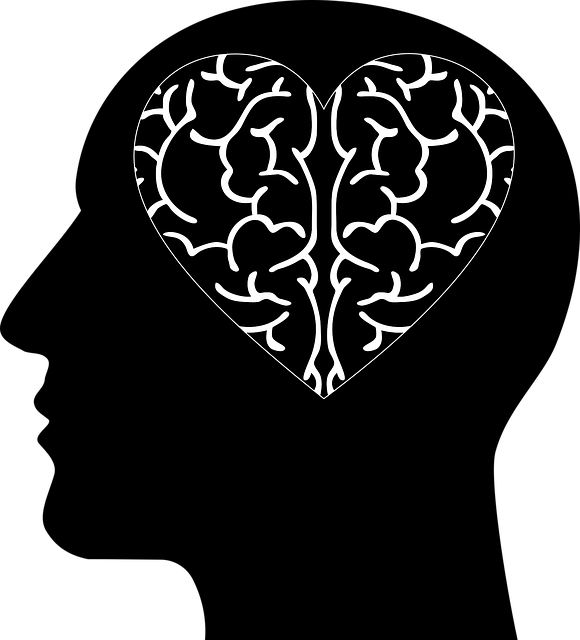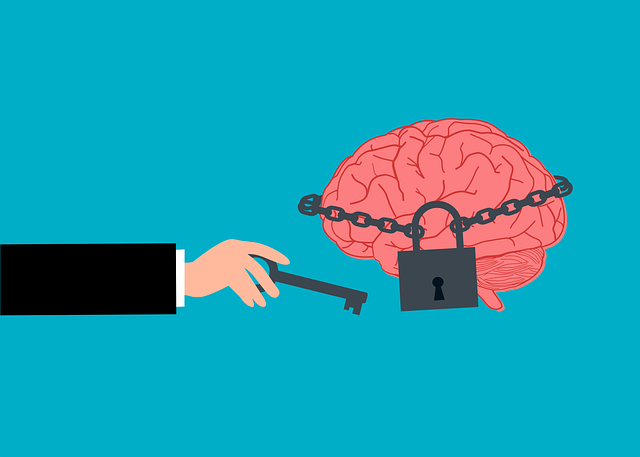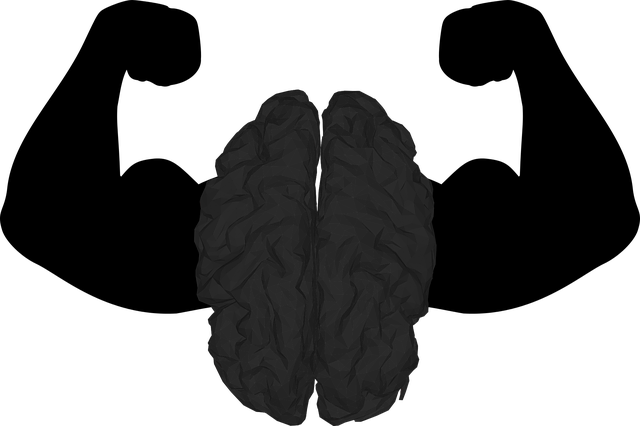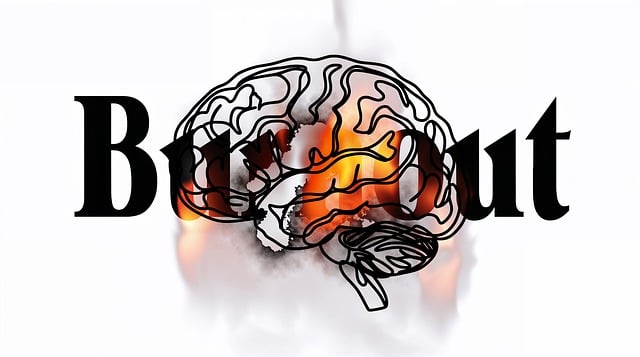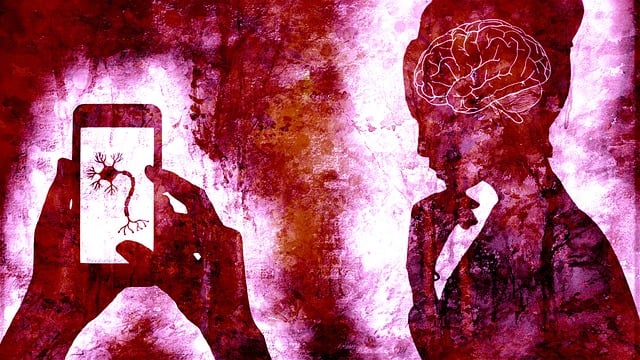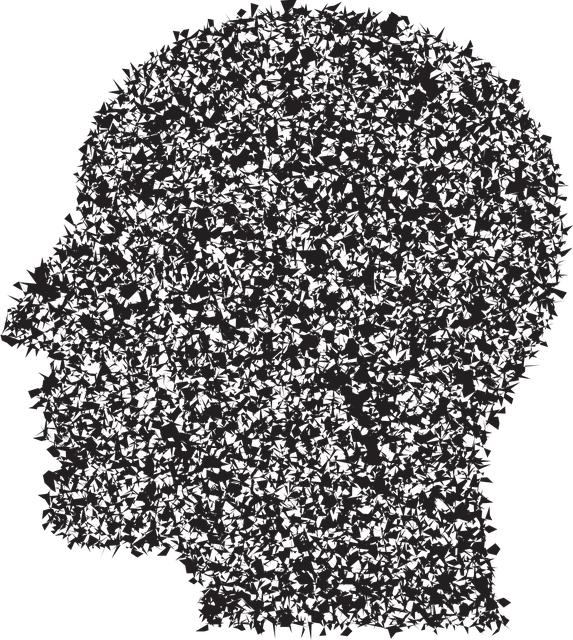The misdiagnosis of Bipolar Disorder (BD) in Boulder, CO, is a significant challenge due to overlapping symptoms with depression and anxiety. To improve accuracy, healthcare providers must conduct thorough assessments, offer therapy for resilience, implement burnout prevention strategies, and enhance cultural competency training. Advances in neuroimaging, digital health tools, artificial intelligence (AI), and machine learning have revolutionized BD diagnosis and treatment. Online therapy sessions, mobile apps, and community support platforms improve access and patient engagement. Open communication, risk assessment, conflict resolution techniques, and supportive environments foster better outcomes in Boulder Bipolar Disorder Therapy.
Mental illness diagnosis accuracy is a critical aspect of patient care, especially for conditions like bipolar disorder. This article explores efforts to enhance diagnostic precision, focusing on challenges in identifying bipolar disorder in Boulder, Colorado. We discuss innovative techniques and the pivotal role advanced technologies play in accurate assessment. Additionally, we highlight strategies that empower both patients and clinicians, ultimately improving treatment outcomes for those navigating bipolar disorder and similar mental health conditions.
- Understanding the Challenges: Misdiagnosis of Bipolar Disorder
- Innovative Techniques for Accurate Diagnosis
- Role of Advanced Technologies in Mental Health Assessment
- Empowering Patients and Clinicians: Enhancing Treatment Outcomes
Understanding the Challenges: Misdiagnosis of Bipolar Disorder

The misdiagnosis of Bipolar Disorder (BD) presents a significant challenge in mental health care, often leading to delayed or inappropriate treatment. BD is a complex mood disorder characterized by extreme emotional shifts, from manic episodes of elevated mood and energy to depressive periods. However, its symptoms can overlap with other conditions, such as depression or anxiety disorders, making accurate diagnosis difficult. This issue is particularly pertinent in areas like Boulder, where access to specialized mental health services might be limited.
Healthcare providers play a crucial role in navigating this challenge. In addition to thorough assessments and patient history reviews, building resilience through therapy can aid in distinguishing BD from other disorders. Burnout prevention strategies for providers are also essential, ensuring they remain attuned to the nuances of mental illness. Furthermore, training in cultural competency can help professionals understand the unique presentation of BD across diverse populations, leading to more accurate diagnoses. These efforts collectively contribute to improving diagnosis accuracy, ultimately facilitating effective Boulder Bipolar Disorder Therapy.
Innovative Techniques for Accurate Diagnosis

In recent years, innovative techniques have emerged to enhance mental illness diagnosis accuracy, particularly in addressing complex conditions like Boulder Bipolar Disorder Therapy. Beyond traditional assessments, advancements such as neuroimaging and digital health tools offer unprecedented insights into brain function and behavior. These methods allow healthcare providers to gain a more nuanced understanding of symptoms, distinguishing between similar disorders with greater precision.
For instance, incorporating Mind Over Matter principles in therapy has proven effective for emotional regulation, a key aspect of managing bipolar disorder. Healthcare Provider Cultural Competency Training is another crucial initiative, ensuring professionals can recognize and address biases that may impact diagnosis. By integrating these innovative techniques and educational programs, the mental healthcare field moves closer to achieving more accurate diagnoses, ultimately improving patient outcomes.
Role of Advanced Technologies in Mental Health Assessment

In recent years, advanced technologies have emerged as powerful tools to enhance mental health assessment and improve diagnosis accuracy. With innovations like artificial intelligence (AI) and machine learning algorithms, healthcare professionals in Boulder Bipolar Disorder Therapy can now benefit from data-driven insights that aid in identifying subtle patterns and indicators of various mental health conditions. These technologies enable more precise evaluations by analyzing large datasets, including medical history, symptoms reported, and even neuroimaging scans. This approach not only streamlines the assessment process but also minimizes subjective biases often associated with traditional methods.
Additionally, integrating digital tools into mental healthcare practice has proven to be a game-changer. Platforms offering online therapy sessions and mobile applications for tracking moods and behaviors have improved access to care, especially for individuals who face barriers in seeking traditional face-to-face treatments. Moreover, these tools promote positive thinking by providing users with coping mechanisms and resources, while social skills training through virtual platforms can enhance support networks and foster a sense of community among those struggling with mental health issues. Cultural sensitivity in mental healthcare practice is also enhanced as technology allows for more inclusive approaches, catering to diverse patient populations.
Empowering Patients and Clinicians: Enhancing Treatment Outcomes

Empowering patients with mental health conditions and equipping clinicians with advanced tools are pivotal steps in enhancing diagnosis accuracy and treatment outcomes. Boulder Bipolar Disorder Therapy, for instance, has seen significant success by fostering open communication between patients and therapists. Encouraging individuals to share their experiences and symptoms openly allows for a more comprehensive understanding of their unique challenges. This patient-centric approach not only improves diagnostic precision but also paves the way for tailored treatment plans.
Moreover, integrating risk assessment strategies within mental health practice has become essential. Mental wellness podcast series production often incorporates discussions on conflict resolution techniques to address potential barriers in patient-therapist relationships. By mastering these skills, professionals can create a safe and supportive environment, encouraging patients to actively participate in their care. This collaborative effort ultimately leads to better engagement, adherence to treatment protocols, and, consequently, enhanced recovery for those navigating complex mental health journeys.
Mental illness diagnosis accuracy is a multifaceted challenge, particularly evident in the complex spectrum of bipolar disorder. By understanding the nuances of misdiagnosis and leveraging innovative techniques, advanced technologies, and patient-centric approaches, we can significantly enhance diagnostic reliability. This improved accuracy paves the way for more effective Boulder Bipolar Disorder Therapy, ultimately fostering better mental health outcomes and empowering both patients and clinicians alike.


